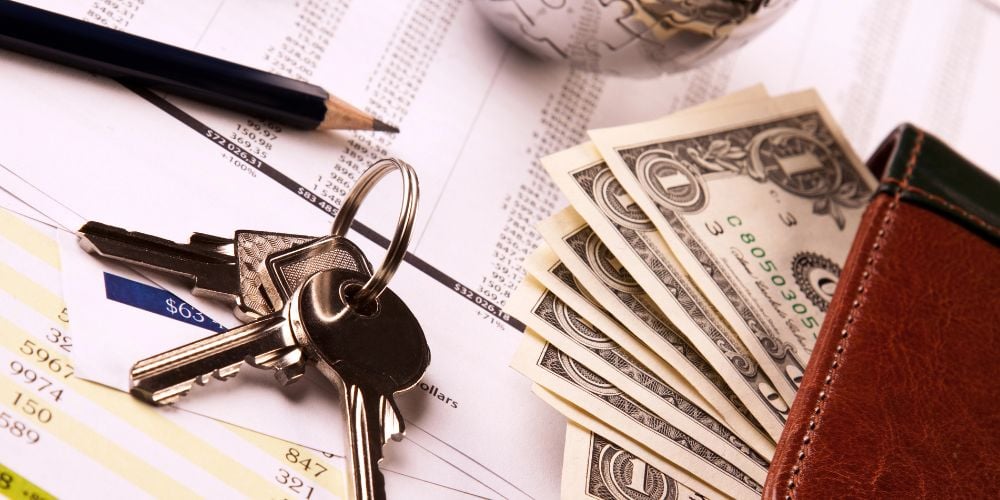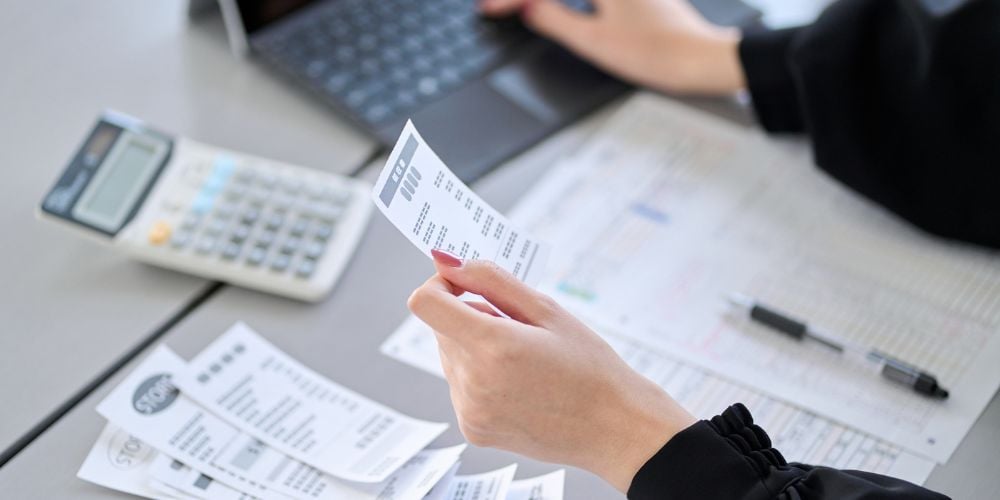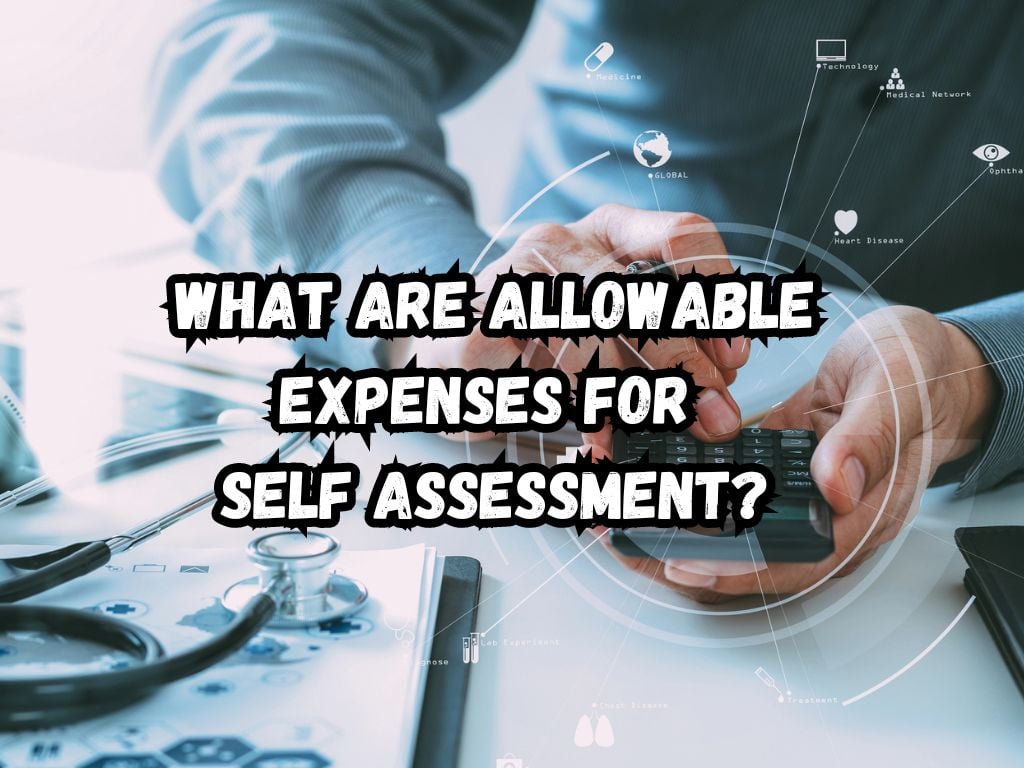Filing taxes through Self Assessment requires a good grasp of what can be deducted as allowable expenses. These deductions are crucial as they can significantly reduce your taxable income.
This article aims to shed light on all the allowable expenses for self assessment and how they can be correctly claimed to ensure you are not paying more tax than necessary.
The Basics of Self Assessment
Self Assessment is the system used by HM Revenue and Customs (HMRC) to collect income tax. Tax is usually deducted automatically from wages, pensions, and savings.
Self-employed individuals, however, must report their income and expenses through a Self Assessment tax return each year. Understanding which expenses are allowable is critical to minimizing your tax bill.

What Are Allowable Expenses for Self Assessment?
Allowable expenses are costs that are essential for running your business. To be deductible, expenses should be exclusively for business purposes.
This means that any cost incurred in the course of maintaining or running your business can potentially be subtracted from your income before tax is calculated.
Categories of Allowable Expenses
Office Costs
For those who rent office space, the rent, utility bills, and purchase of office supplies are allowable costs.
Home office expenses are also deductible, but you must show that part of your home is used primarily for business activities.
Travel Costs
Business travel is another significant area where expenses can be claimed. This includes costs for mileage, train tickets, and parking fees.
However, routine commuting expenses between home and a regular office cannot be claimed.
Clothing Expenses
Certain clothing costs can be claimed, but strictly those that are necessary for your work such as uniforms or protective wear.
Regular business attire that you wear to meetings does not qualify.
Staff Costs
Costs related to staff are fully deductible. This includes salaries, bonuses, pensions, and staff training expenses.
This is contingent upon the employees being solely engaged in business activities.
Capital Allowances
Capital allowances allow you to write off the costs of significant capital expenditure against your taxable income.
This typically includes business equipment and machinery. The rules here distinguish between day-to-day expenses and larger business investments.
Other Allowable Expenses
Insurance
Business insurance is generally fully deductible. This includes public liability insurance and professional indemnity insurance.
Marketing and Advertising
You can deduct expenses for advertising in various media including newspapers, radio, and online platforms.
Marketing costs, including the promotion of your business through free samples and website costs, are also allowable.
Education and Training
Training courses that are relevant to your business can be claimed provided they add value to your business and enhance your expertise.
Non-Deductible Expenses
It’s also important to understand what you can’t deduct. Personal expenses, client entertainment costs, and fines or legal penalties are not deductible.
Also, costs incurred for business attire that could be part of an everyday wardrobe cannot be claimed.

Record Keeping for Allowable Expenses
Maintaining meticulous records is vital. Keep all receipts, bills, and invoices that pertain to your business expenses.
You should keep these records for at least five years after the 31 January submission deadline of the relevant tax year.
Common Pitfalls and How to Avoid Them
A common mistake is claiming non-deductible expenses as business costs. To avoid this, make sure that each expense is solely for your business and keep personal and business finances separate.
Special Circumstances
For those using part of their home for business, only a percentage of home expenses like heating, electricity, and internet that directly relate to the business area of the house can be claimed.
The calculation of this percentage can be complex but is essential for accurate tax returns.
Preparing for Self Assessment
Filing your tax return accurately and on time is crucial. Familiarize yourself with the deadlines and prepare your documentation well in advance to avoid penalties.
Frequently Asked Questions
Can I claim food and drink expenses while traveling?
Yes, if these are incurred during necessary business journeys.
How to identify if an expense is capital or allowable for Self Assessment?
If the expense is for buying or improving a long-term asset, it is usually classified as capital.
Differences in allowable expenses between partnerships and sole traders?
Both can claim similar business expenses, though how these are reported can vary.
Can I claim pre-trading expenses?
Yes, provided they are incurred solely for the purpose of your business and would have been deductible had they been incurred after you started trading.
What if I’ve made an error in a past Self Assessment regarding allowable expenses?
Amendments can be made to past tax returns generally within one year of the original deadline.
Conclusion
Understanding allowable expenses is vital for anyone subject to Self Assessment. It ensures you only pay the tax you owe, and it can improve your business’s financial efficiency. Always consider professional advice if your situation is complex.
This structured information ensures that you, as a self-employed individual or small business owner, can navigate the complexities of allowable expenses with confidence.


 Tags:
Tags:










